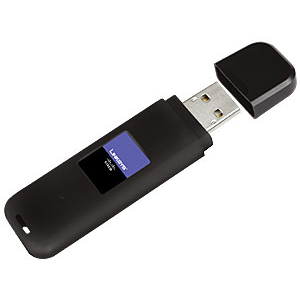Cloud Computing Security
Cloud Computing is a dynamic area that has grown to include applications, information, infrastructure and services that provides resources for computing, networking and storage. It is simple to implement and scale according to your needs.
A lovely example is Google Docs. Google Docs give you the resources to generate, edit, change and store documents, presentations, spreadsheets online. It also lets you basically share your documents with other people and have them view or edit these as well.
Cloud Computing and Security
Admittedly, the scariest thing that most people and businesses must face about cloud computing is the fact that they are going to be losing control for operating the services that they put in to the cloud. It could be a program, a platform, storage, or service; operational control and responsibility are no longer theirs. Going back to the Google Docs example, you can do all the functionalities it offers, but you cannot be positive of its security. Unlike in Microsoft Office or Open office, you can disallow macros or be cautious along with your templates. With Google Docs, however, this is impossible. And in case security lapses happen with Google Docs, you are going to be affected. Do not think for a moment that Google Docs being a product of a huge tech company is immune from vulnerabilities. An March 2009 incident revealed a bug in Google Docs that leaked personal documents to unauthorized third parties. And while Google says that it affected a minority of documents, it is still a security nightmare.
Web Application Firewall Provides a More Secure Cloud Computing Experience
It seems that the Cloud applications are inherently not secure. As soon as you put an application in to the cloud, it becomes vulnerable to assaults. What is more, IBM XForce found that in 2008, 74% of identified Web application vulnerabilities in the cloud do not have patches available. But the convenience, flexibility and economy of cloud computing can never be ignored.
This glaring fact makes it more important for you to have a Web application firewall in place. Make positive that users of your cloud applications are deterred from sending you viruses or from trying to exploit these vulnerabilities. A Web application firewall can basically scan through each packet of information that passes through the Web so that you could basically avoid these.
A lovely example is Google Docs. Google Docs give you the resources to generate, edit, change and store documents, presentations, spreadsheets online. It also lets you basically share your documents with other people and have them view or edit these as well.
Cloud Computing and Security
Admittedly, the scariest thing that most people and businesses must face about cloud computing is the fact that they are going to be losing control for operating the services that they put in to the cloud. It could be a program, a platform, storage, or service; operational control and responsibility are no longer theirs. Going back to the Google Docs example, you can do all the functionalities it offers, but you cannot be positive of its security. Unlike in Microsoft Office or Open office, you can disallow macros or be cautious along with your templates. With Google Docs, however, this is impossible. And in case security lapses happen with Google Docs, you are going to be affected. Do not think for a moment that Google Docs being a product of a huge tech company is immune from vulnerabilities. An March 2009 incident revealed a bug in Google Docs that leaked personal documents to unauthorized third parties. And while Google says that it affected a minority of documents, it is still a security nightmare.
Web Application Firewall Provides a More Secure Cloud Computing Experience
It seems that the Cloud applications are inherently not secure. As soon as you put an application in to the cloud, it becomes vulnerable to assaults. What is more, IBM XForce found that in 2008, 74% of identified Web application vulnerabilities in the cloud do not have patches available. But the convenience, flexibility and economy of cloud computing can never be ignored.
This glaring fact makes it more important for you to have a Web application firewall in place. Make positive that users of your cloud applications are deterred from sending you viruses or from trying to exploit these vulnerabilities. A Web application firewall can basically scan through each packet of information that passes through the Web so that you could basically avoid these.

